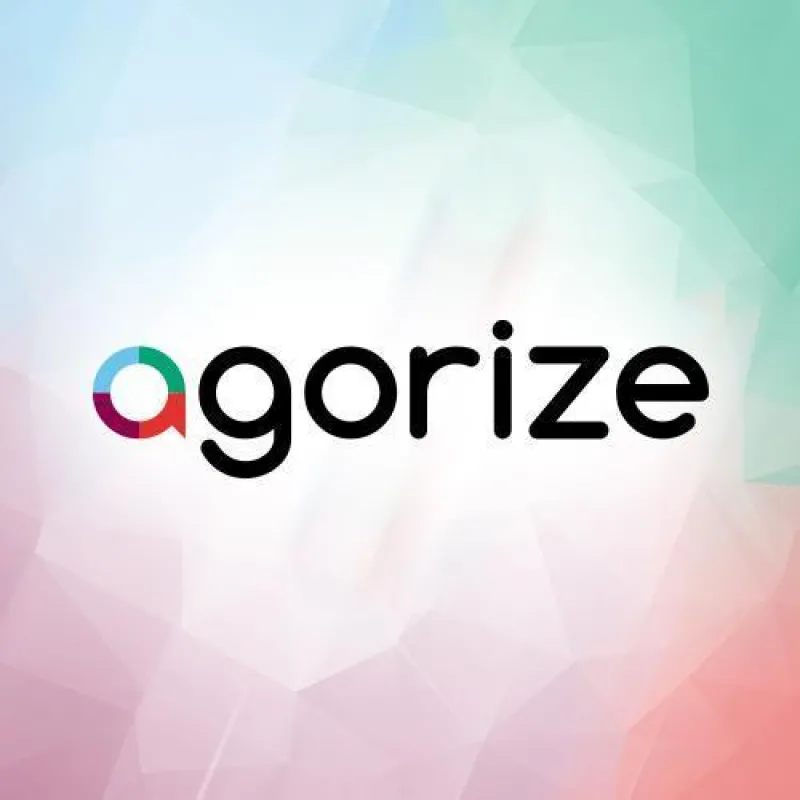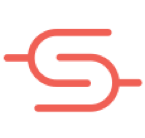
I met Aurélie Wen thanks to Manon Frayssinet (thank you, Manon:)). Originally, I was looking to organize a hackathon for #trumontreal. Aurélie is in charge of North America for Agorize, a company specializing in the organization of this type of competition. For various reasons, I abandoned for the moment the said project (but did not say my last word;). On the other hand, I had the chance to meet Aurélie, a woman who was completely passionate about her projects.
Aurélie introduced us to the concept of hackatons at the last #trumontréal

Aurélie, would you introduce yourself?
As a woman, a member of the LGBT community, French of Chinese origin recently expatriated to Québec and tech entrepreneur, one could say that I’m the “poster girl” for diversity. ;)
This explains why I’ve always emphasized diversity when I recruit my future collaborators. I’m not very sensitive to diplomas and past experiences. What matters most to me is the individual’s motivation and his/her ability to learn quickly. I don’t believe in clone teams.
Other than that, I love horror movies and travelling to the end the world!
Agorize already exists in Europe. Can you introduce us to the concept?
Businesses, especially large corporations, face challenges in adapting quickly to the changing needs of their consumers. Some brands are losing market share to more agile players, such as startups.
Our mission is to help these companies accelerate change by using 3 levers: attract and recruit good talent, innovate openly and promote their brand in a collaborative way. In order to do this, we organize hackathons* on their behalf, through an online platform.
* The word hackathon is the contraction of the term “hack”—to find a clever solution to a problem—and “marathon”. Originally, hackathons were 48h competitions, during which programmers would code an application as quickly as possible. Facebook popularized the hackathon in the 2000s, even inventing the “Like” feature during one of his internal hackathons. Today, the hackathon more broadly refers to an innovation challenge combining all types of profiles (students, coders, professionals, entrepreneurs, curious outsiders, etc.).
In concrete terms, how does it work?
We work with the brand to define its targets, the problem to solve, the schedule, the rewards, the terms and conditions, but especially, the goals of the hackathon. In 50% of the cases, these objectives have to do with talent recruitment and the employer brand.

Once we’ve drawn the outline of the project, we set up a platform with the look and feel of the brand that explains the hackathon to potential participants.
At the same time we develop a communication plan to broadcast the operation to the right people. Once the hackathon is launched, we have 4 to 8 weeks to attract and recruit the most participants we can muster. On average, 300,000 students and developers are contacted each hackathon, which gives the brand great visibility. The other benefit is that we have a community of 4 million innovators in 145 countries who are up for this kind of challenge!
During this first phase of the hackathon, participants register on the platform, which helps them to find teammates. We’re kind of like the Tinder of open innovation. ;)
Once the teams are formed, they’ll be able to collaborate on the platform to produce a first deliverable that will succinctly present what their solution is. No need to be in the same room. The magic of Agorize is that all you need is an internet connection to participate in a hackathon launched by any brand, no matter where you live!
Then, the client discovers the projects, evaluates them online and determines which projects will continue as semi-finalists. For these most promising projects, the client will mobilize mentors who will help the teams to go further in developing their solution. This is a great opportunity for participants to confront their project with the pros, and for mentors to get acquainted with external and inspiring talent … and why not consider recruiting them along the way?
Finally, after a second vote, a ten teams or so are selected to go to the final. Unlike the previous two stages, the final is held in person, most often at the client’s premises. The finalists will pitch their idea in front of a jury that will then elect the winners of the hackathon and give them their rewards.
This final is also an opportunity for participants, mentors and clients to meet “in real life”, to network, toast and enjoy hors d’oeuvres. In 70% of cases, our hackathons lead to 5 to 15 recruitments, even if this wasn’t the initial goal.
Could you give us a concrete example of a hackathon that you organized in Europe and that turned out to be a great success from a recruitment standpoint?

Bouygues Construction (the French SNC-Lavalin) was having difficulty recruiting millennials. The group really wanted to diversify its new recruits. So, we organized an innovation challenge for graduates of all areas of study across Europe. The students had the mission to propose a neighborhood offering that would have humans and new technologies coexisting. After 3 months of competition that had attracted 530 students from 15 countries, a 2-day final involving 75 finalists, and informal interviews between the group’s employees and the students, Bouygues finally recruited 12 young talents showing high potential. Three years later, 10 of the 12 recruits are still at the group’s employ and hold positions of responsibility in France, Great Britain, Canada and Trinidad and Tobago.
What are the skills that stand out most in candidates taking part in a hackathon?
Skills in marketing, management, communications and the English language lead the way. Teamwork, leadership, digital, creativity, problem solving, finance and project coordination are also well represented. Finally, skills in design, math, UX (user experience), UI (user interface) and programming, even if they’re statistically less represented because they’re more of a rarity, remain ubiquitous to all our hackathons.

We’re hearing more and more about gamification in recruitment. Could we get your opinion on this? What are its main benefits?
I am a big fan of games of all kinds, and their application to recruitment. Playing one hour with a person is much more effective than a ten-hour discussion, if you want to know his/her true personality.
Game-playing has the advantages of having candidates become active in the recruitment process, and helps to reveal their ability to collaborate, adapt, be creative … or not. Having candidates play is also being able to see how they react to competition, stress and failure, all the while making the conversation more enjoyable, since the game introduces a dimension of pleasure and reward. Finally, gamified recruitment can be applied to any profile, industry, position or generation, while being extremely easy to deploy.
And maybe one last question on the evolution of this type of recruitment?
Innovative, mobile and gamified recruitment has a bright future ahead of it. This is not a passing trend, quite the contrary. Just like the customer experience, the candidate experience must become a priority for companies.
I don’t know of anyone who likes to spend 20 minutes registering on an umpteenth recruiting platform, go through 3 to 9 interviews for the same job, then wait for 2 months to be told in the end that he/she wasn’t selected! You don’t attract talent anymore with a 3-page job description listing infinity of skills, even if you’re a well-established brand.
What millennials are looking for are exciting projects to invest in. They want to live an experience within a structure that will allow them to learn and evolve in the company of people who sincerely take their opinion in consideration. Attracting them all starts with an innovative hiring process!


Add new comment